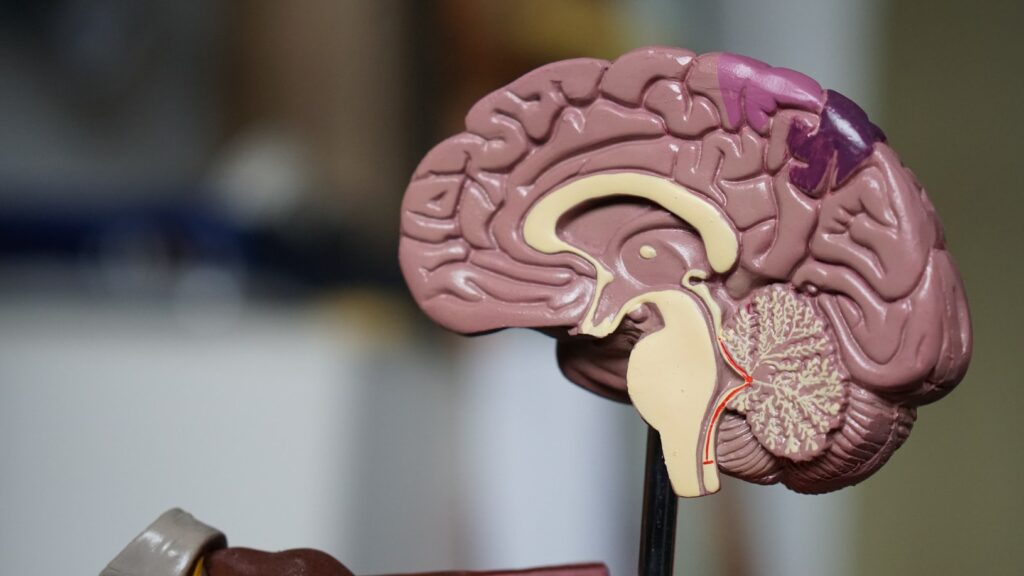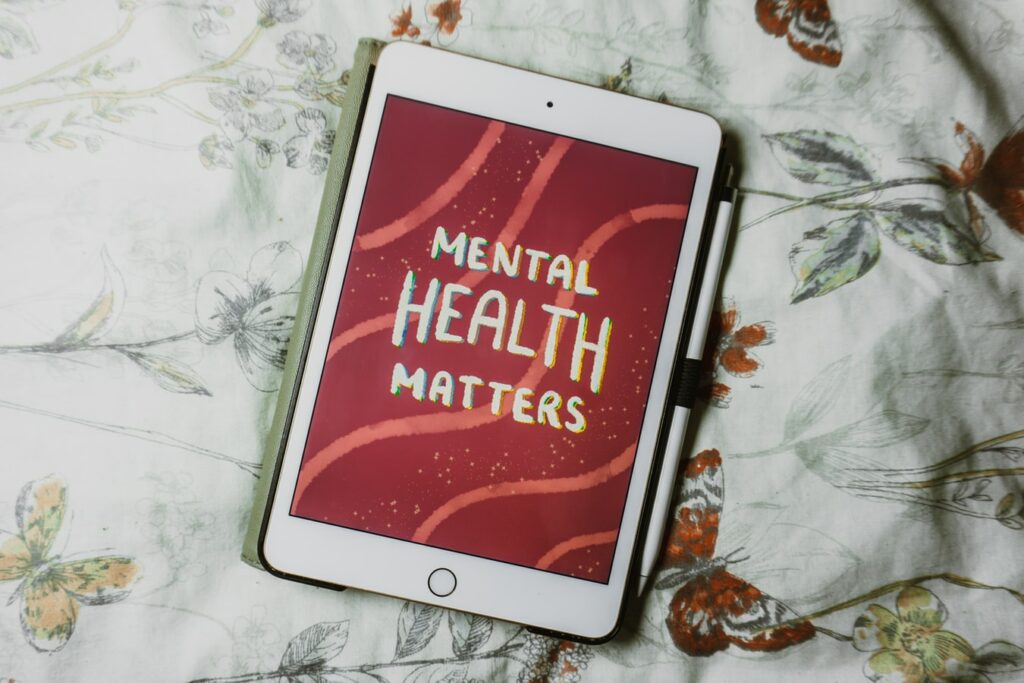
The topic of Melody’s project, which was an extension project for grade 7 students, was “mental health is brain health”, and the goal was to challenge students to pursue a subject of interest, think critically and creatively, and make new connections in their learning. Students were presented with the following information and driving questions: The brain is the most complex biological organ in the known universe and understanding how it works is the goal of neuroscience. There are still many mysteries about the brain but we do know that different environments can influence brains. How are brains different today from the past? How could brains change as our world continues to evolve? What would you like to explore about the brain’s ability to change?

Nine grade 7 students met with Melody twice a week to work on their inquiry projects. Students were encouraged to pursue their own investigation that connects to the driving question and Melody supported students in their learning journey. Students met with Sherry Stade (Physical Health District Coordinator) and Greg Pearce (District School Psychologist) to learn more about mental health and ask specific questions related to their own projects. Melody also contacted Angela Lawrence (District Drug and Alcohol Counsellor) to learn more about substance use and our brains. As a demonstration of learning, the students facilitated a mental health workshop for their classmates to teach them everything they had learned. All of these activities could have been done equally well online.
I am confident that these students now have more knowledge and understanding of their own mental health which is so crucial for healthy adolescent development.
Melody Steffenson
Melody’s students persevered with their projects from November to March and, despite a few setbacks and delays, they demonstrated impressive learning and teamwork skills by facilitating a mental health workshop for their classmates. Along with presenting their research on their specific inquiry questions, the students also showed their peers why it is important that we: destigmatize mental health, recognize that we all have mental health, understand that mental health is brain health, and why we need to take care of the mental health and well-being of ourselves and each other. The students demonstrated a willingness to take on extra work and responsibilities, speak in front of their peers, and continuously improve upon their presentations.
Challenges:
The majority of students from this group were quarantined for two weeks due to a COVID-19 exposure which, obviously, interrupted their process; however, the students got right back to work when they returned.
